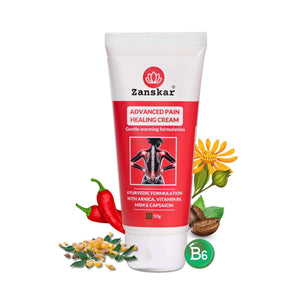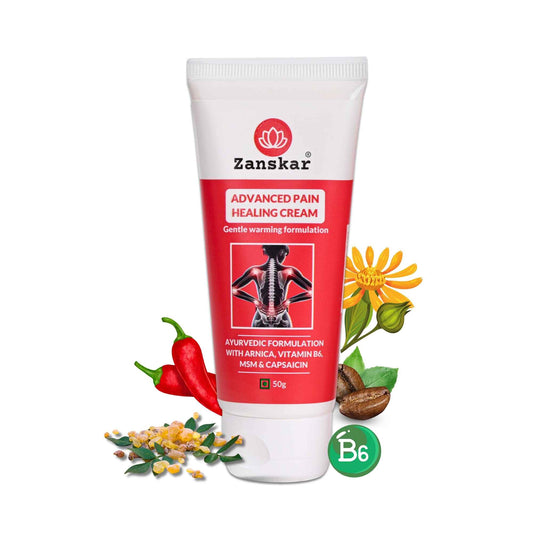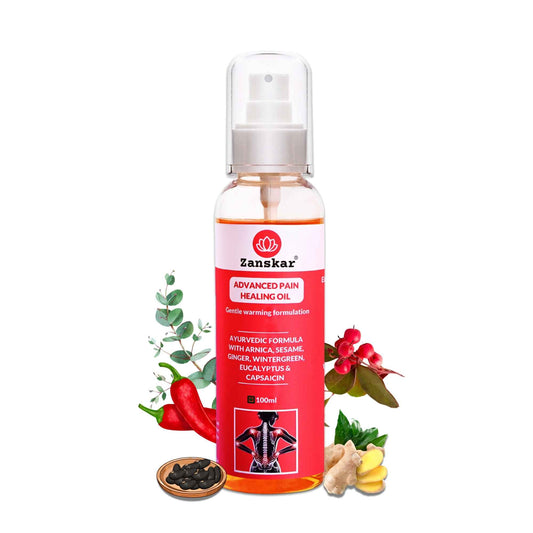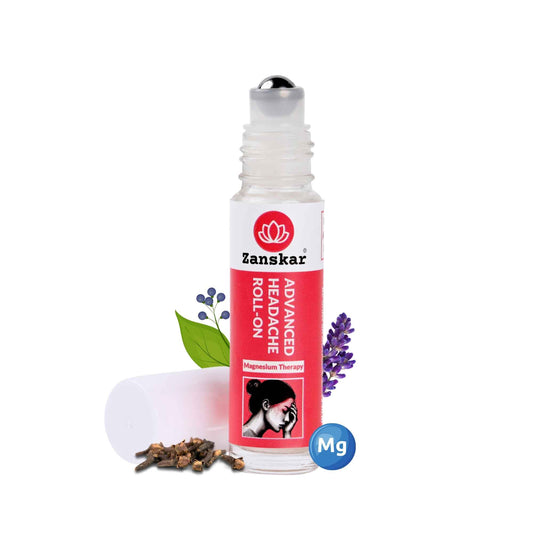
Joint pain in young adults

Do you think joint pain only affects the elderly?
It is largely believed that joint pain is a disease of the aged. However, this is a misconception!
What is joint pain, exactly?
Most joint pain are autoimmune diseases which means that our body recognizes ourself as “foreign” and hence attacks “self”. Autoimmune diseases are more common in women than men and can affect all age groups including children. Some examples of autoimmune joint pain include RA, psoriatic joint pain, lupus, vasculitis, scleroderma etc.
Why are young people getting diagnosed with Joint Pain recently?
Off-late improved awareness of various joint pain amongst the general public, widely available specific blood tests, rheumatologist involvement at an early stage, widely available educational material online are some of the reasons for early diagnosis.
- A genetic predisposition is needed for joint pain to occur. In a genetically predisposed individual, an environmental insult such as viral infection, environmental pollution amongst others may enhance earlier onset of the illness.
- Smoking and poor dental hygiene may hasten the development of RA.
- Likewise bright sunlight exposure can worsen skin rash of lupus.
- Hormonal medications containing high estrogen can increase the risk of flare of autoimmune joint pain conditions like lupus and increase risk of clot formation in these patients.
- The presence of certain abnormalities in our genes is a pre-requisite for some types of joint pain. HLA-B27 is one such gene when present increases the risk of development of certain type of joint pain such as psoriatic joint pain and ankylosing spondylitis.
Which type of joint pain are getting more common?
One particular type of joint pain that was once traditionally occurring more in middle to later age men but now is being increasingly recognized in the younger adults is Gout. This is predominantly due to modernization of our lifestyle.
Obesity, excess binge consumption of alcohol, aerated drinks and canned fruit juices, excess consumption of red meat or sea food have led to increased blood levels of a particular salt called Uric acid. Very high blood levels of uric acid is known to get deposited in the joints causing a severe joint pain called Gout and in the kidney as uric acid stones.
Very high levels of uric acid are also known to increase the risk of early development of hypertension, heart and kidney disease. Hence life-style changes with weight loss, regular exercise, mindful eating and reducing consumption of alcohol and aerated drinks can be very useful.
Takeaways
Even though there are no specific life style measures to prevent the development of various joint pain, since majority of them are due to altered immune system in the body, the severity can be reduced by quitting smoking and a healthy life style. Early diagnosis and early initiation of effective treatment can lead to better quality of life by preventing joint damage and preserving organ function. In order to achieve this early referral to a rheumatologist is the key.
Learn More About Zanskar Health
If you have joint or muscle pain that makes it hard to move, Zanskar offers the most advanced full stack pain relief solutions for you.
Now available to purchase, Zanskar® Advanced Pain Care Products have a unique formulation of natural bioactive ingredients and provide lasting relief from muscle and joint discomfort that you can feel good about. Get your fix before stocks run out - buy now.
You can also gain access to therapeutic exercises and stretches for your condition by downloading the Zanskar Health physiotherapy mobile app. Additionally, you’ll have a personal care team to guide, support, and tailor our program to you, including behavioral and nutritional coaching.
Download our mobile app here 👉 download and track your exercise streak.
Medical Review: This article is written by Dr Nishtha Mittal (Senior Health Content Editor at Zanskar Health) and has been medically reviewed by the medical team at Zanskar Health. This article and its contents are provided for educational and informational purposes only and do not constitute medical advice or professional services specific to you or your medical condition.







